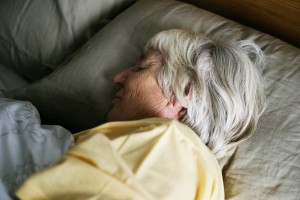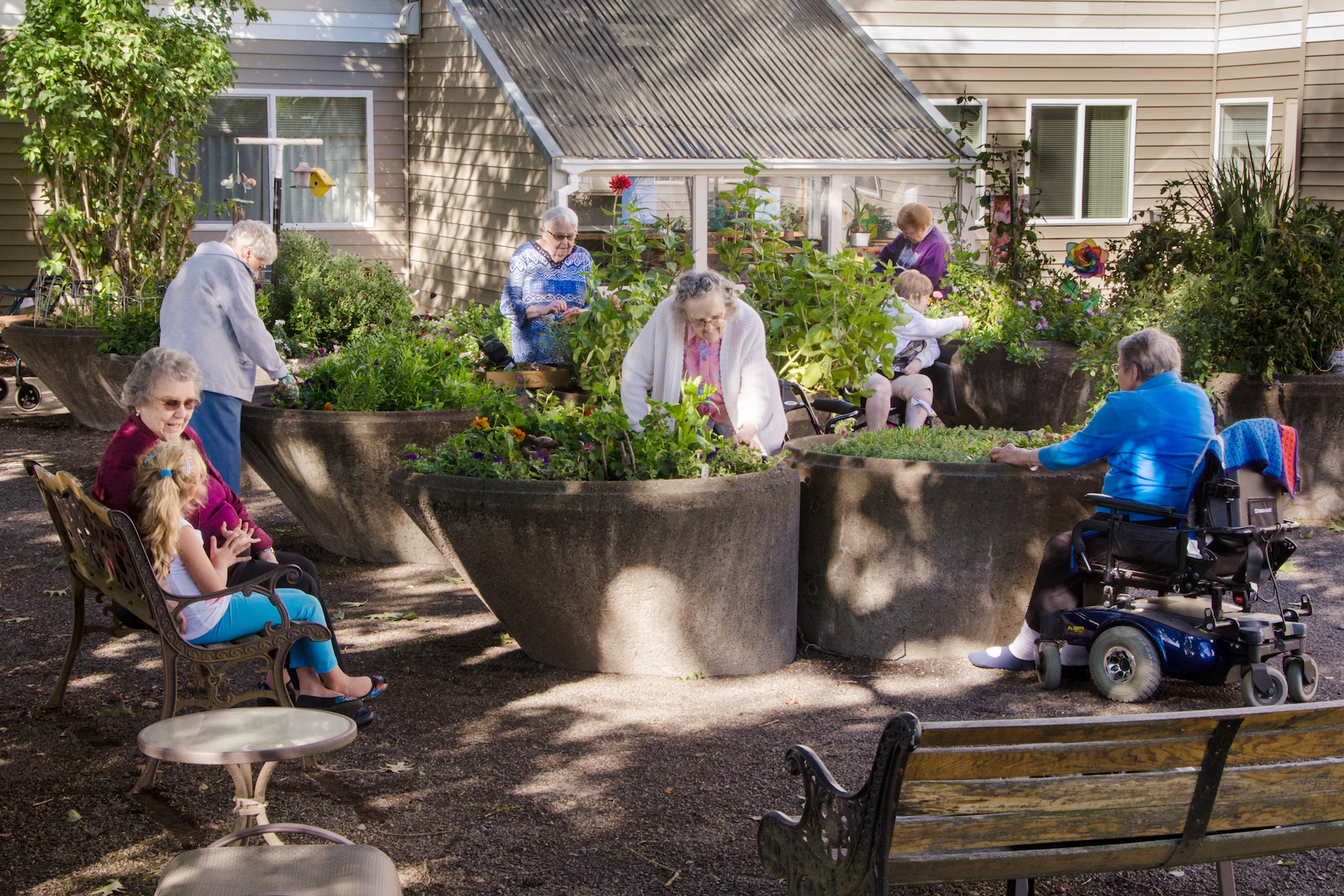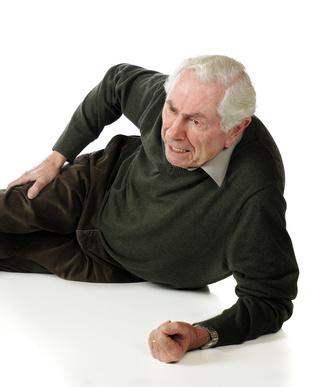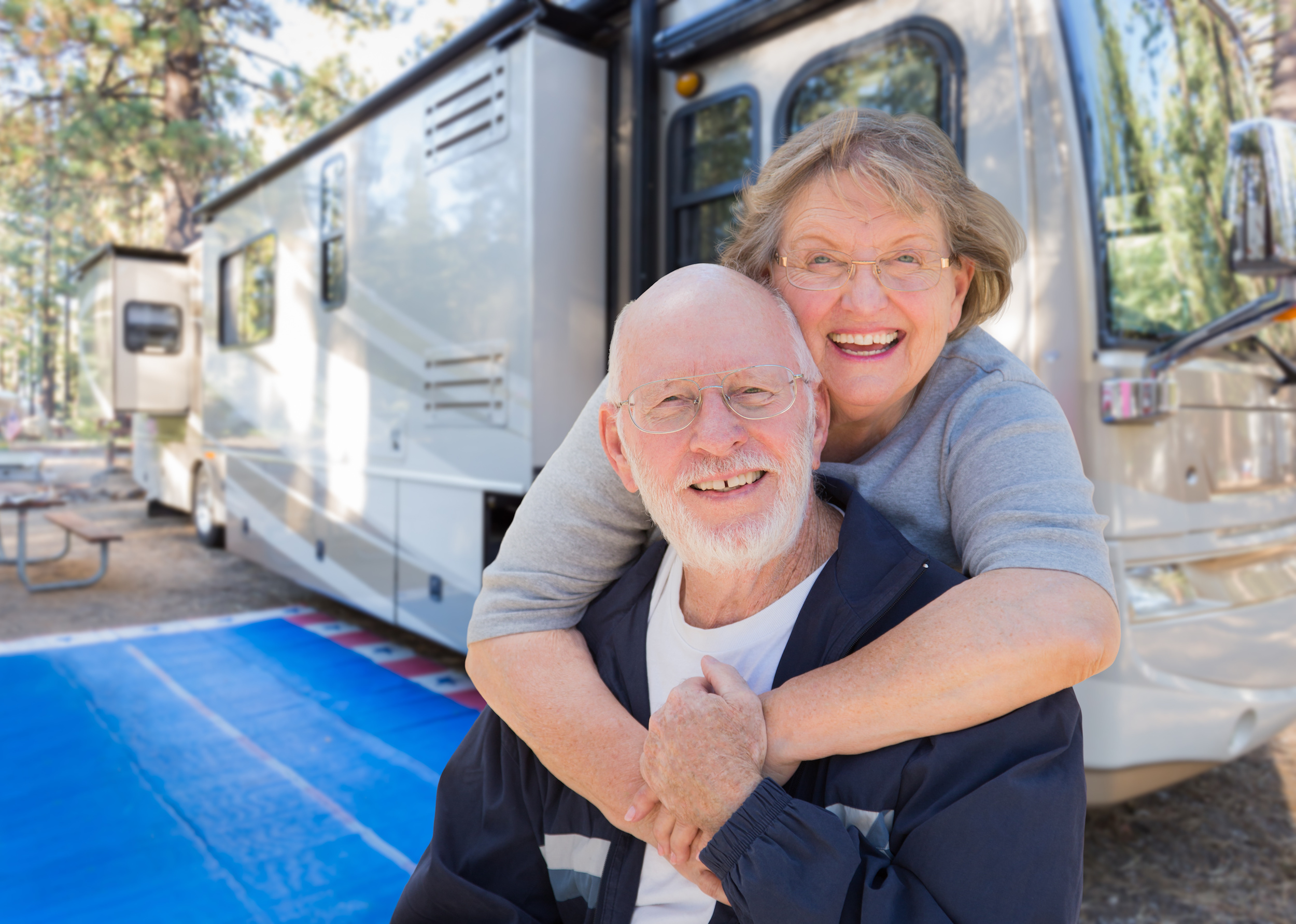Senior Health and Sleep – It Matters
 Contrary to a popular myth, older adults do not need less sleep than younger adults. As stated on WebMD, although it may vary from person to person, adults require approximately the same amount of sleep from their 20s on into the senior years.
Contrary to a popular myth, older adults do not need less sleep than younger adults. As stated on WebMD, although it may vary from person to person, adults require approximately the same amount of sleep from their 20s on into the senior years.
However, sleep does change with aging. According to an article on Better Health While Aging, sleep for seniors changes in several significant ways:
- Total sleep time decreases. One study found that beginning in midlife, sleep decreases by 30 minutes per decade.
- Circadian rhythm changes: This is the daily pattern affecting processes within the body, regulated by hormones such as melatonin and exposure to daylight. As they age, many people tend to wake up earlier and get sleepy earlier in the day. Circadian rhythm may also weaken with aging, so the signal organizing the body’s processes becomes less clear.
- Sleep becomes more fragmented and lighter: The amount of deep REM sleep declines with aging and sleep becomes less restful as a result.
Negative Effects of Sleep Deprivation
Acute sleep deprivation occurs when an individual gets significantly less sleep than he or she is accustomed to for one or two nights. Effects of acute sleep deprivation include:
- Fatigue: This means a lack of physical or mental energy, which is different than sleepiness.
- Worsening mood: People tend to become more anxious, irritable, or depressed with acute sleep deprivation.
- Daytime sleepiness: This can be dangerous, as it can cause a person to fall asleep while driving.
- Decreased cognitive performance: Sleep deprivation can cause difficulties with problem-solving, logical thinking, multitasking, or simply paying attention.
Chronic sleep deprivation occurs when a person does not get quite enough sleep for a period of weeks, months, or years. It reduces mental performance and alertness and is also associated with a number of health problems, including:
- Cardiovascular disease: Research has shown that people who sleep more are less likely to develop calcification of the coronary arteries or cardiovascular disease.
- Weakened immune system: Decreased production of antibodies has been linked to sleep deprivation. In a study published in JAMA Internal Medicine, researchers found that shorter sleep duration and poorer sleep efficiency before exposure were associated with lower resistance to a rhinovirus.
- Inflammatory markers in the body: Studies have found that insufficient or reduced sleep leads to elevated markers in the blood related to inflammation, which may explain the relationship between cardiovascular disease and sleep deprivation.
- Increased risk of obesity: Approximately a decade ago, researchers in a meta-analysis (a study of previous studies) linked being a short sleeper to obesity. In another study of acute sleep deprivation in young men, researchers found that lack of sleep changed hormones associated with hunger.
What to Do If You’re Having Trouble Sleeping
Whether it is acute or chronic, sleep deprivation can have harmful effects on your health and quality of life. If you are not getting enough rest, try the following tips for more and better sleep:
- Wake up, exercise, and have your meals at the same time every day.
- Get some sun to help regulate your sleep cycle. Spend as much time as you can outdoors or exposed to sunlight.
- Get your medications checked. Some meds can interrupt your sleep. Your doctor may adjust the dosage or the timing, or switch you to an alternative medication.
Medical Alert Companies
Although there are advantages to growing older, there is no denying that it comes with greater health risks. Medical alert companies offer medical alert systems so older adults can get prompt medical attention or help in an emergency. Different systems come with different features, such as mobile GPS and automatic fall detection. See our medical alert reviews for information about various medical alert companies and the range of products and services they offer.



